Laura Kwerel
Stories
-

BS Jobs: How Meaningless Work Wears Us Down
Have you ever had a job where you had to stop and ask yourself: what am I doing here? If I quit tomorrow, would anyone even notice? This week on Hidden Brain, we revisit our 2018 conversation with anthropologist David Graeber about the rise of what he calls "bullsh*t jobs," and how these positions affect the people who hold them.
-

Baby Talk: Decoding The Secret Language Of Babies
Babies are speaking to us all the time, but most of us have no clue what they're saying. To researchers, though, the babbling of babies is knowable, predictable, and best of all, teachable to us non-experts. This week, we revisit our May 2018 primer on how to decipher the secret language of babies and young children.
-

We're All Gonna Live Forever! The Stories We Tell About Conquering Death
Last week, we spoke with psychologist Sheldon Solomon about the fear of death and how it shapes our actions. This week, we pivot from psychology and politics to religion and history as we explore how people have tried to resolve these fears. We talk with philosopher Stephen Cave about the ways we assure ourselves that death is not really the end.
-
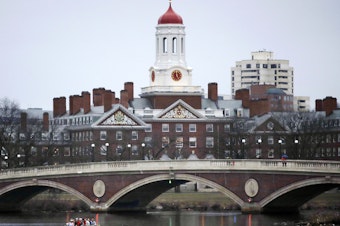
You Can't Hit Unsend: How A Social Media Scandal Unfolded At Harvard
Social media sites offer quick and easy ways to share ideas, crack jokes, find old friends. They can make us feel part of something big and wonderful and fast-moving. But the things we post don't go away. And they can come back to haunt us. This week, we explore how one teenager's social media posts destroyed a golden opportunity he'd worked for all his life.
-

You 2.0: Rebel With A Cause
Francesca Gino studies rebels — people who practice "positive deviance" and achieve incredible feats of imagination. They know how, and when, to break the rules that should be broken. So how can you activate your own inner non-conformist? This week, we ponder the traits of successful rebels as we revisit our 2018 conversation with Gino.
-
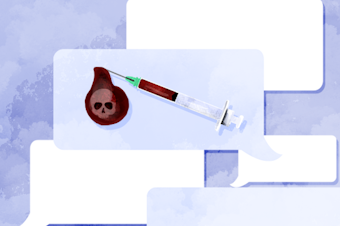
Facts Aren't Enough: The Psychology Of False Beliefs
Sometimes when we believe something, no amount of data can change our minds. This week, we look at how we rely on the people we trust to shape what we believe, and why emotions can be more powerful than facts. This episode features new reporting and favorite conversations with neuroscientist Tali Sharot and philosopher of science Cailin O'Connor.
-
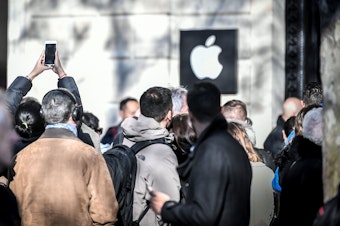
I Buy, Therefore I Am: How Brands Become Part Of Who We Are
All of us are surrounded by brands. Designer brands. Bargain-shopper brands. Brands for seemingly every demographic slice among us. But have you ever stopped to ask yourself how brands influence you? This week, we look at how companies create a worldview around the products they sell, and then get us to make those products a part of who we are.
-
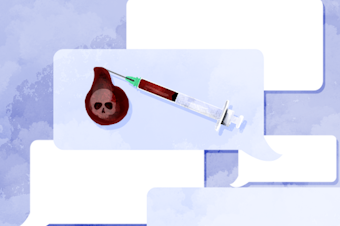
Facts Aren't Enough: The Psychology Of False Beliefs
Sometimes, when we believe something, no amount of data can change our minds. This week, why we cling to our beliefs — even when they're wrong.
-
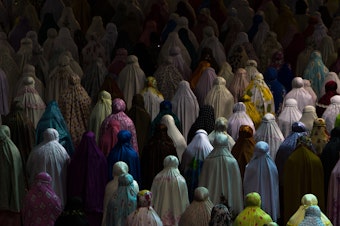
Where Does Religion Come From? One Researcher Points To 'Cultural' Evolution
If you've taken part in a religious service, have you ever stopped to think about how it all came to be? How did people become believers? Where did the rituals come from? And what purpose does it all serve? This week, we bring you a July 2018 episode with social psychologist Azim Shariff. He argues that we should consider religion from a Darwinian perspective, as an innovation that helped human societies to thrive and flourish.
-

What Twins Can Tell Us About Who We Are
In December 1988, two pairs of twin boys were born in Colombia. One twin from each pair was accidentally given to the wrong mother — a mistake that wasn't discovered for decades. The twins' story is a tragedy, a soap opera, and a science experiment, all rolled into one. It also gives us clues about the role that genes and the environment play in shaping our identities. We talk with psychologist Nancy Segal about her work with twins, and her encounters with these now-famous brothers. For research related to this episode, please visit https://n.pr/2uvpvPe